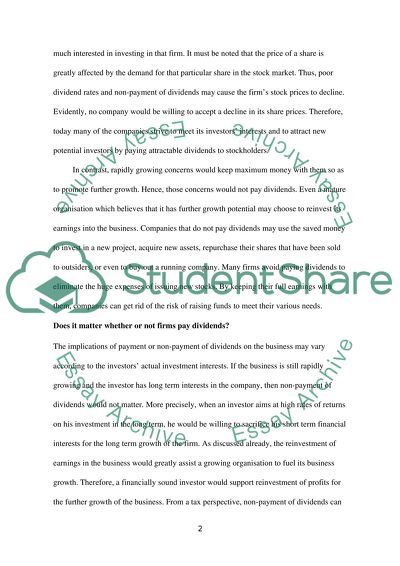Cite this document
(“Does it matter whether or not firms pay dividends Why Essay”, n.d.)
Retrieved from https://studentshare.org/finance-accounting/1472487-does-it-matter-whether-or-not-firms-pay-dividends
Retrieved from https://studentshare.org/finance-accounting/1472487-does-it-matter-whether-or-not-firms-pay-dividends
(Does It Matter Whether or Not Firms Pay Dividends Why Essay)
https://studentshare.org/finance-accounting/1472487-does-it-matter-whether-or-not-firms-pay-dividends.
https://studentshare.org/finance-accounting/1472487-does-it-matter-whether-or-not-firms-pay-dividends.
“Does It Matter Whether or Not Firms Pay Dividends Why Essay”, n.d. https://studentshare.org/finance-accounting/1472487-does-it-matter-whether-or-not-firms-pay-dividends.


